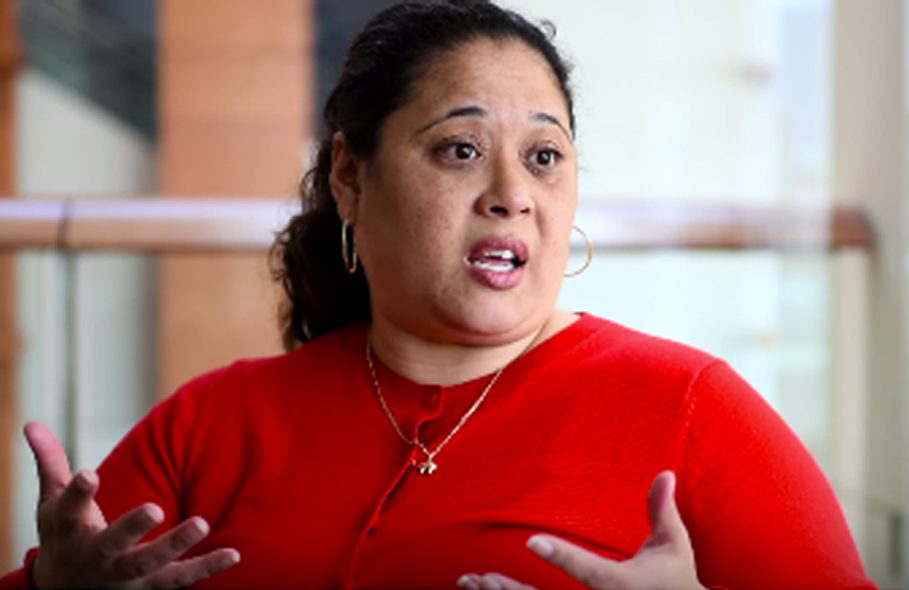Black girls and school discipline: EPOL researcher discusses racial bias in K-12
by Education Week / Jun 3, 2016

Most of the discussion surrounding the disproportionality of black students’ suspension or expulsion from K-12 schools has focused on boys, according to a June article in Education Week. Recently, however, researchers have begun to uncover the number of black girls who are subject to severe disciplinary measures in schools, including by school resource officers.
According to federal data, black girls are suspended from school at a rate that is six times higher than that of their white female peers. In New York City and Boston, black girls represented 56 percent and 61 percent, respectively, of all girls disciplined in those cities’ K-12 schools, even as incidents of discipline against black girls go underreported. Black girls receive harsher criminal sentences than their white female peers do in the juvenile-justice system, and they also represent its fastest-growing population.
One of the researchers in this realm is Adrienne D. Dixson, an associate professor in the Department of Education Policy, Organization & Leadership. In an interview with the publication, Dixson said schools have historically not been welcoming places of agency for low-income students of color. She said it is important for schools to recognize that the misbehavior of this group of students isn’t because they simply want to be troublesome. Such kids, Dixson said, are responding to an environment that doesn’t help them feel free.
“I think when kids feel oppressed or repressed that they respond in a language that they know,” Dixson said. “And sometimes that’s talking back, sometimes it’s not being compliant, and it’s misguided interpretations of what it means to teach kids of color, and low-income kids of color, that they need to be heavily disciplined and heavily surveilled.”
View Dixson’s thoughts and the thoughts of researchers Shaun R. Harper, Bettina L. Love, and Terri N. Watson.